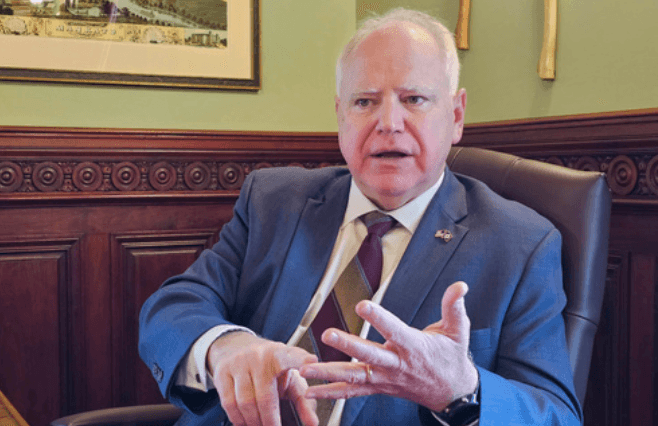In Retrospect, I Still Think They Were Bad Veep Selections
Of all the analyses I’ve written in the past few years, probably nothing has generated as many angry emails as my pieces first criticizing the J.D. Vance pick, and then criticizing the Tim Walz pick. There can be little doubt that the respective party bases loved both picks.
In a way, that only serves to validate the criticisms. This is not an election where the party bases needed to be reassured about the candidates. Instead, both parties needed to figure out a way to broaden their appeals, which neither vice presidential pick really did.
Nonetheless, now seems like a good time to re-assess. When the election is over, one side will claim that the selection was obviously correct, given that the candidate won. Someone has to win, though, so let’s do a little pre-mortem.
Let’s recall that there are a handful of things that a pick can do. It can shore up a wavering portion of the party base, as Mike Pence did for Donald Trump in 2016. It can reinforce a message, as Al Gore did for Bill Clinton in 1992. Or it can help deliver a state, as LBJ likely did for JFK in 1960.
Walz still doesn’t seem to have delivered any of this. The polling in Minnesota is roughly where it was prior to the Walz pick. This means that Harris-Walz will carry the state, but Democrats were already poised to do that. Republicans haven’t won Minnesota since 1972. If they win it this cycle, the election is already over.
Moreover, there’s an opportunity cost here. Pennsylvania has continued to be the state with the closest polling. There is a charismatic, popular governor of the state who was passed over for the nod. Vice-presidential picks can’t do much, but they can move a state a point or so. In Pennsylvania, that difference appears to be meaningful.
What about Vance? He seems to have done his job, debating Walz skillfully and carrying the MAGA flag. But he also doesn’t seem to have energized voters beyond the party faithful. Post-assassination attempts, I don’t think GOP turnout could be juiced any further. If anything, some of the baggage gathered from his 2022 Senate race turned some voters away. Once again, there’s an opportunity cost: Candidates like Marco Rubio or Glenn Youngkin might have put other states in play, or reassured wavering suburbanites.
Vance’s debate performance was impressive, and suggested that he might fulfill Trump’s presumed intentions for him: to be the MAGA heir-apparent after Trump is gone. He may prove to be the elusive “Trumpism without Trump” candidate. But for that to matter, Trump has to win the election. And Vance likely didn’t help make that happen.
2024 Key Senate Races
Get caught up on the most important polling for the most consequential races of 2024.

